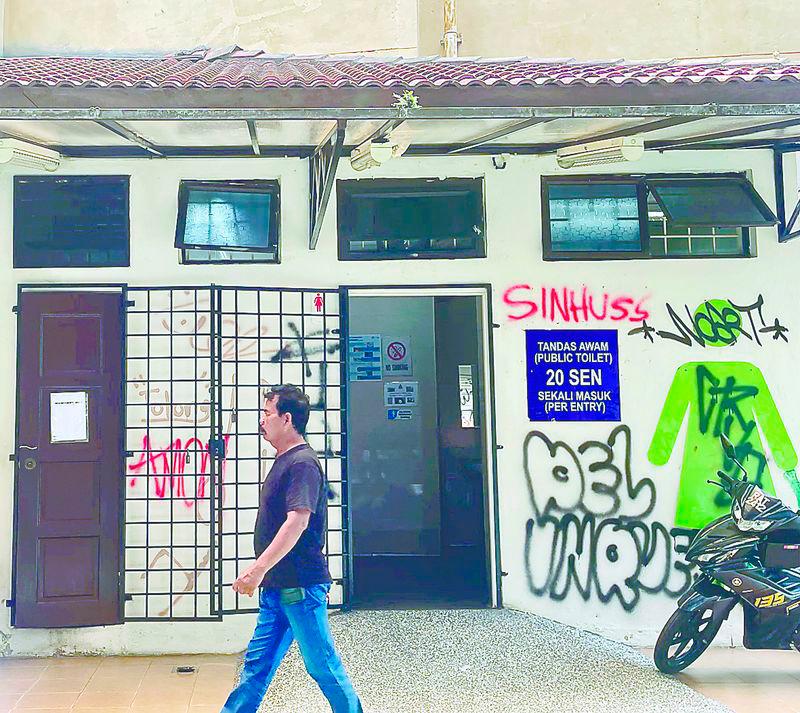PETALING JAYA: Foreign tourists have been urged to read up on and understand Malaysian culture and way of life before landing in the country to avoid culture shocks.
Universiti Teknologi Mara tourism economics lecturer Prof Dr Mohd Hafiz Hanafiah was commenting on such tourists, who gave Malaysian public toilets a five out of 10 rating as recently published in an online portal.
Among others, the tourists complained that the floors were slippery, toilet seats were wet, there was no toilet paper and general cleanliness was wanting.
“Different countries have varying practices of how they use the toilet, and Malaysian cultural norms and practices differ from those of Western countries. While tourists are entitled to share their experiences, they need to understand the cultural differences and requirements.
“For instance, Indian and Muslim visitors to Australia take water bottles for washing to comply with their practices while still being considerate of the Australian way of life.”
He said not every destination will appeal to foreign tourists and while countries that strive to attract them must provide facilities they are familiar with, it is also important for tourists to understand that cultural differences will exist.
“Asian toilets tend to be damp as we use handheld bidets for washing. The region’s high humidity levels could also cause unpleasant odours if there is no proper ventilation.
“However, such facilities in tourist areas should be designed and maintained so that they respect local customs, and meet the cleanliness and comfort standards that international tourists expect.”
He said well maintained facilities portray local charm and values but dirty toilets leave a negative impression, with bad reviews spreading quickly online, and pleasant experiences resulting in good reviews and positive recommendations.
In February, the Federal Territories Department was allocated RM20 million from the Housing and Local Government Ministry to upgrade public toilets managed by the Kuala Lumpur City Hall, Putrajaya Corporation and Labuan Corporation.
The funds were meant to achieve the “clean, attractive and fragrant” standard for public toilets as part of a larger push to draw tourists for Visit Malaysia 2026.
Mohd Hafiz said in 2022, public toilets in Malaysia fell short of basic cleanliness standards as 5,241 within local authority areas were rated two stars or below.
“Many Malaysians do not think of public toilets as a shared responsibility, mainly because they have not been properly educated on how to keep them clean. Existing awareness campaigns do not seem to make a lasting impact.”
He said while there are guidelines and inspections of public toilets, the real issue lies in the lack of effective monitoring and enforcement, without which the standards will fail to be met.
“To fix this, we need better education, ongoing campaigns and stricter cleanliness rules. Prime Minister Datuk Seri Anwar Ibrahim’s plan to renovate school toilets is a great start as teaching children about cleanliness would produce more conscientious adults.”
He said Malaysians are known for valuing cleanliness, so it is essential for local authorities to maintain public facilities for everyone’s comfort.
He added that poorly maintained public toilets could form negative perceptions of Malaysia among tourists and the global community.
“A positive experience with public facilities could enhance overall satisfaction and encourage more tourism to benefit the economy.
“Maintaining cleanliness and hygiene is crucial to presenting a positive image of the country to global audiences during significant events, such as Visit Malaysia 2026. However, such maintenance should be an ongoing affair and not just for specific occasions.”









